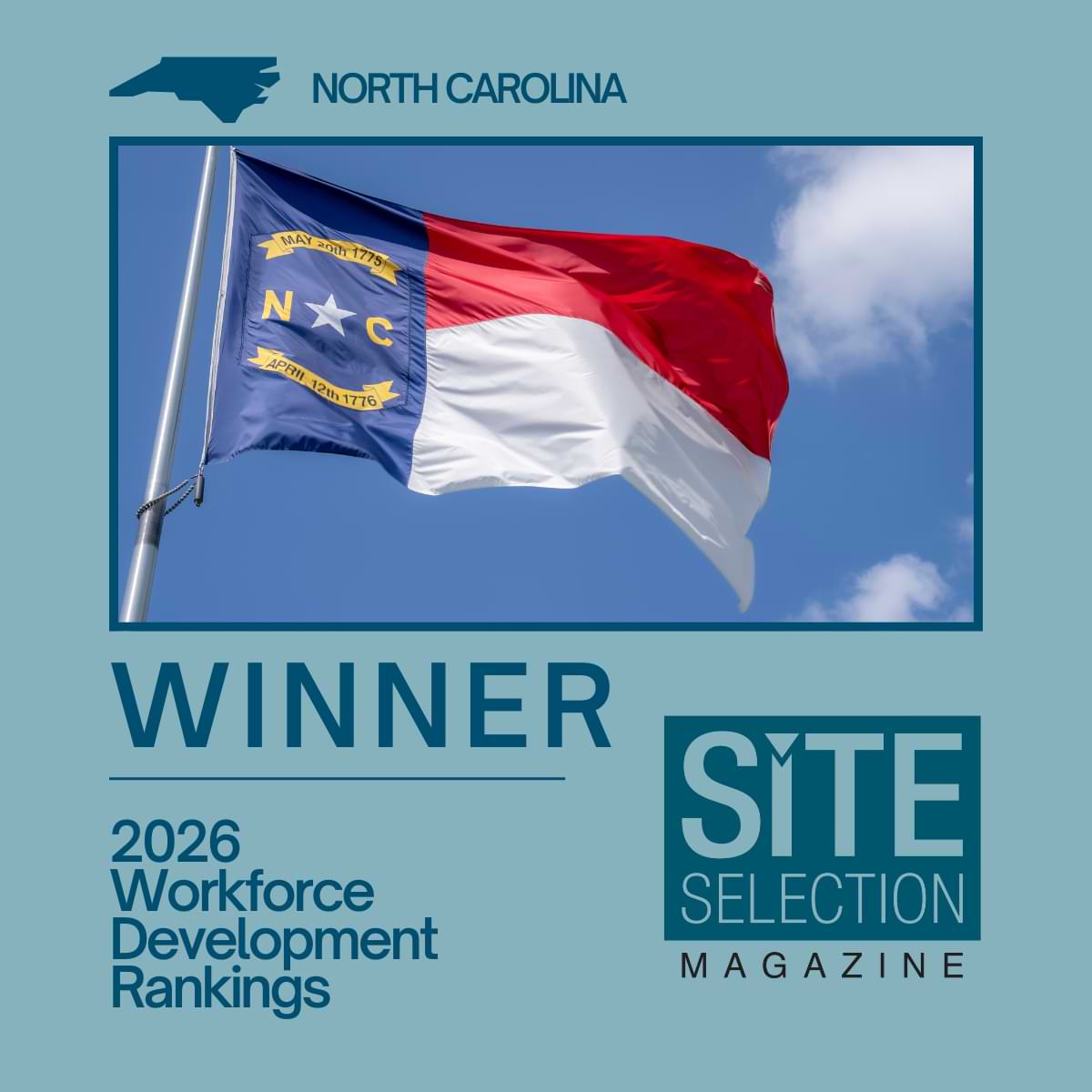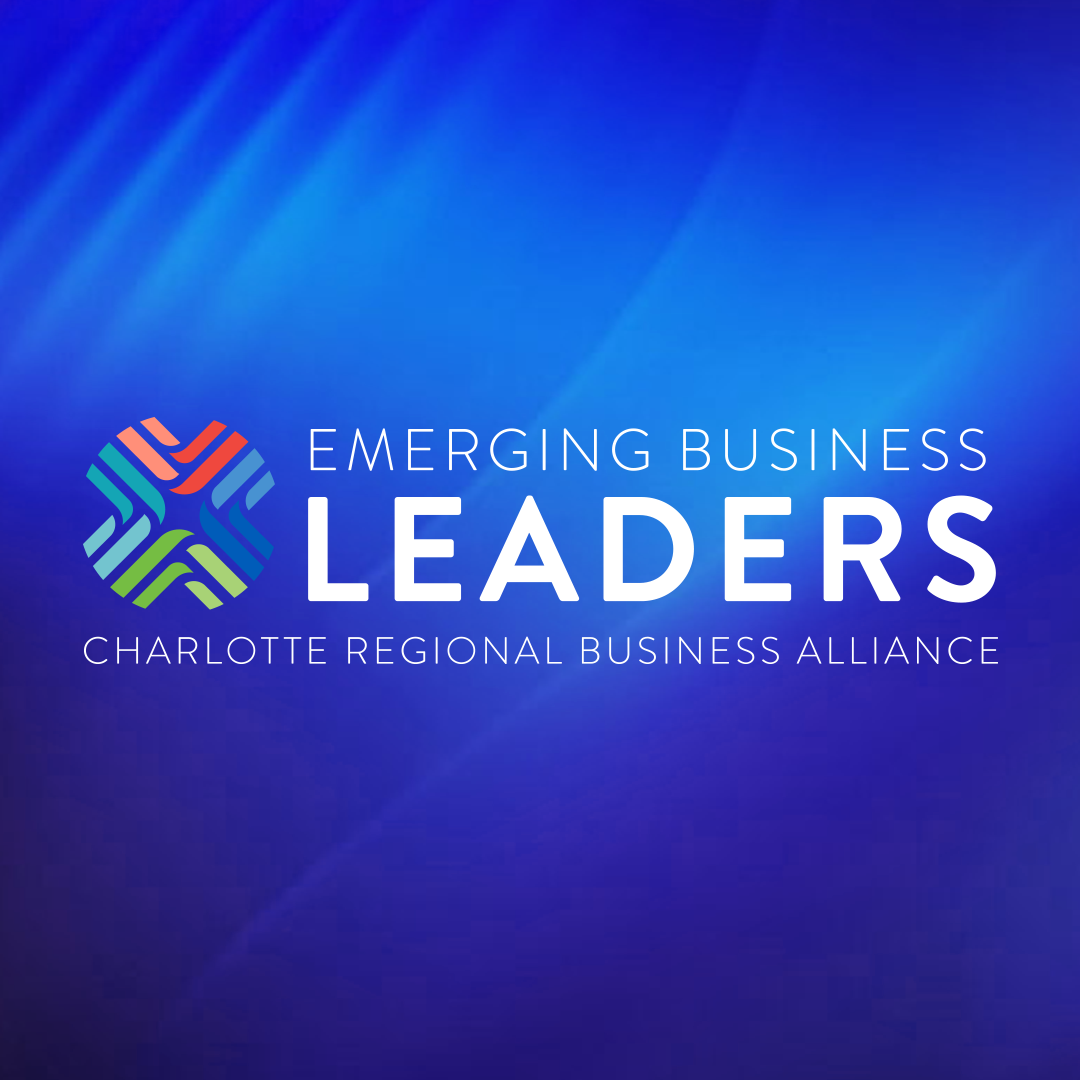Charlotte has been selected by Bloomberg Philanthropies as one of 25 U.S. cities to join Bloomberg American Sustainable Cities. Bloomberg American Sustainable Cities is a three-year initiative designed to leverage historic levels of federal funding to implement transformative local solutions to build low-carbon, resilient, and economically thriving communities.
Building on the longtime leadership of U.S. cities to confront the overlapping crises of climate change and racial wealth inequity, the $200 million Bloomberg Philanthropies initiative will provide deep support to selected cities to pursue solutions in the buildings and transportation sectors through partnerships with PolicyLink, Bloomberg Center for Public Innovation at Johns Hopkins University, and Natural Resources Defense Council.
By participating in Bloomberg American Sustainable Cities, Charlotte will receive a Bloomberg Philanthropies-funded innovation team (i-team) with up to three dedicated staff with expertise in data analysis, insight development, human-centered design, systems thinking, and project management to bolster city capacity in driving progress on climate mitigation and promoting equitable outcomes. The city will also receive multi-year, in-depth, customized policy and technical assistance in collaboration with community-based organizations to mobilize public, private, and philanthropic investments.
“Charlotte will lead as a global city by continuously improving, protecting, and preserving the environment, its community, and economy, while ensuring equity and resilience for today’s and future generations,” Mayor Vi Lyles said. “With the support of Bloomberg Philanthropies, we are empowered to continue tackling the pressing challenges of climate change and racial wealth inequity head-on, furthering the implementation of our Strategic Energy Action Plan in building a resilient, equitable future for all Charlotteans.”
Charlotte was chosen by Bloomberg Philanthropies for Bloomberg American Sustainable Cities based on its leadership and ambition to build resilient, equitable communities. As Charlotte faces vulnerabilities, like extreme heat and weather that further strains our infrastructure, the city has persisted in advancing community prosperity and economic development amid the climate crisis. The City of Charlotte continues to focus on becoming a low carbon City for all, by setting an ambitious 50/50 modeshift target alongside goals to create an equitable, sustainable transportation system, investing in historically underinvested corridors, through our Corridors of Opportunity Initiative, and standing up new efforts with our partners including an e-bike program, and energy efficiency and health and safety work in low-income households. Most recently, City Council supported Charlotte’s participation in Duke Energy’s GreenSource Advantage program, which will build an 80 Megawatt solar project in large scale that will reduce carbon emissions by 107,391 metric tons annually once online.
With over $400 billion in federal funding available to local governments through the Bipartisan Infrastructure Law and Inflation Reduction Act, Bloomberg American Sustainable Cities aims to help cities access and implement the historic funding for critical local projects, especially in disadvantaged communities historically overburdened by pollution. This includes investing in low or no emissions buses in our transit system and a mobility hub in the West Sugar Creek Corridor, which includes electric vehicle charging stations. Anticipated solutions implemented through the Bloomberg American Sustainable Cities could include developing affordable, energy-efficient housing, investing in electric vehicles and infrastructure, accelerating the transition, and expanding access to clean energy, among others.
Bloomberg American Sustainable Cities is the newest Bloomberg Philanthropies initiative to support local climate action in the United States. In 2019, Bloomberg Philanthropies launched the American Cities Climate Challenge to provide resources and support to 25 of the largest U.S. cities to scale proven high-impact urban climate solutions in the buildings and transportation sectors. With Bloomberg Philanthropies’ support, the 25 Climate Challenge cities passed 54 major buildings, energy, and transportation policies and launched 71 new climate programs and initiatives, which are projected to reduce 74 million metric tons of carbon emissions through 2030. In 2022, Bloomberg Philanthropies galvanized a consortium of nonprofit and expert groups to establish the Local Infrastructure Hub, a national program providing more than 1,200 municipalities with pro-bono expertise to navigate historic funding opportunities made available through the Bipartisan Infrastructure Law and Inflation Reduction Act, develop competitive grant applications, and bring investment home to address essential infrastructure needs. To date, participating municipalities have already been awarded more than $1 billion in federal funding.
Copyright: City of Charlotte



